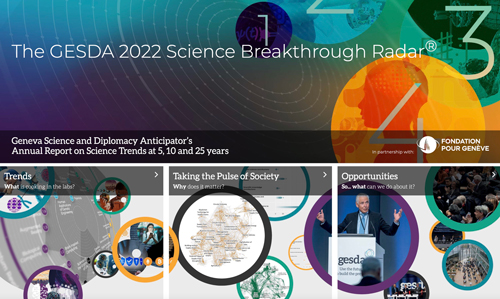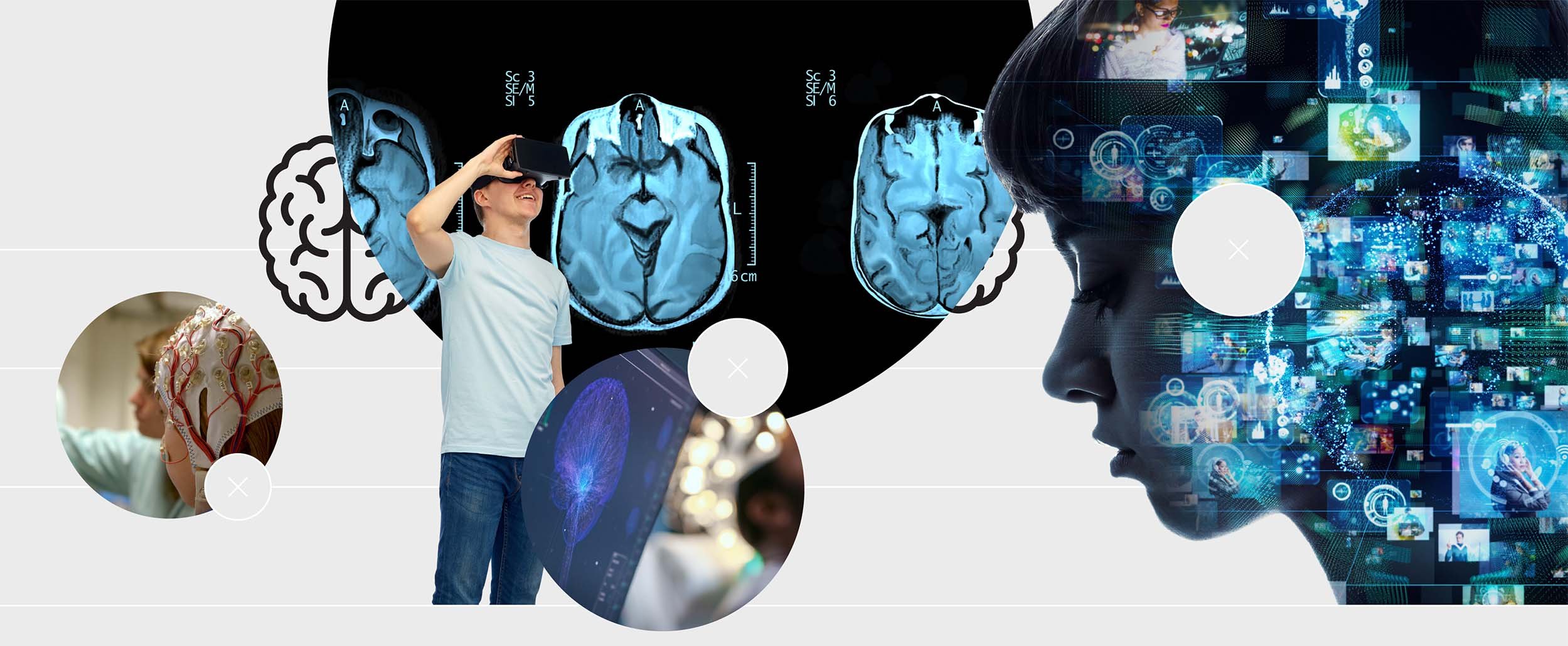Although investigations of neuroscience as applied to learning have yet to deliver significant tangible breakthroughs in educational philosophy or practice15, there are reasons to continue efforts to understand how the brain functions when learning.16 A better grasp of the operations behind working memory, executive function, attention, cognitive flexibility, theory of mind, and inhibition, for example, would open up avenues for improving the efficiency and outcomes of education. The role of social factors is also an important subject of investigation here: has evolution equipped us to learn differently in groups as opposed to when we are alone?
Research has suggested that brain stimulation devices17 and pharmaceutical interventions18 can also have effects on our ability to focus our attention, retain information and learn new skills, but little is understood yet about how best to implement these findings. Investigations in neuroscience therefore comprise a tantalising suite of possibilities for revolutionising the way we deliver and receive learning opportunities.


